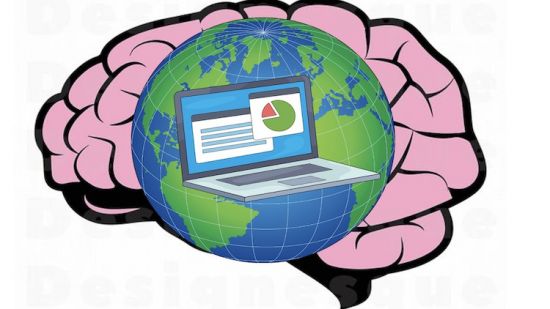
MP4 | Video: h264, 1280x720 | Audio: AAC, 44.1 KHz, 2 Ch
Genre: eLearning | Language: English + srt | Duration: 59 lectures (12h 6m) | Size: 5.77 GB
Vector data analysis in Python with GeoPandas, statsmodels, Scikit-learn, and PySAL
What you'll learn:
Basic concepts of statistical modeling
Pandas tools for data preparation
Feature engineering methods
Linear Regression
Logistic Regression
Other supervised classification methods
Unsupervised classification methods
Non-parametric regression
Dealing with spatial autocorrelation
Requirements
You should be familiar with Python, GeoPandas, and Jupyter Notebooks and have a working environment. This knowledge can be gained through my courses "Survey of Python for GIS applications" and "Geospatial Data Science with Python: GeoPandas"
You should have some familiarity with basic statistics, especially Linear Regression.
Description
In this course I demonstrate open source python packages for the analysis of vector-based geospatial data. I use Jupyter Notebooks as an interactive Python environment. GeoPandas is used for reading and storing geospatial data, exploratory data analysis, preparing data for use in statistical models (feature engineering, dealing with outlier and missing data, etc.), and simple plotting. Statsmodels is used for statistical inference as it provides more detail on the explanatory power of individual explanatory variables and a framework for model selection. Scikit-learn is used for machine learning applications as it includes many advanced machine learning algorithms, as well as tools for cross-validation, regularization, assessing model performance, and more.
This is a project-based course. I use real data related to biodiversity in Mexico and walk through the entire process, from both a statistical inference and machine learning perspective. I use linear regression as the basis for developing conceptual understanding of the methodology and then also discuss Poisson Regression, Logistic Regression, Decision trees, Random Forests, K-NN classification, and unsupervised classification methods such as PCA and K-means clustering.
Throughout the course, the focus is on geospatial data and special considerations for spatial data such as spatial joins, map plotting, and dealing with spatial autocorrelation.
Important concepts including model selection, maximum likelihood estimation, differences between statistical inference and machine learning and more are explained conceptually in a manner intended for geospatial professionals rather than statisticians.
Who this course is for
Geospatial professionals who are interested in learning more about the machine learning tools for vector data in the Python geospatial stack.
Homepage
https://www.udemy.com/course/geospatial-data-science-statistics-and-machine-learning-i
Download From Rapidgator
https://rapidgator.net/file/ddd949892aaeec175f080b277fcc0ffe
https://rapidgator.net/file/1347737f289e09835cdd87148f8a8950
https://rapidgator.net/file/54c058286b307a64a4f364a34b9bf779
https://rapidgator.net/file/f48a0dedbf2bce1fc341d99543096818
https://rapidgator.net/file/696edb3bfc9848258e7cb5cfd884cd0a
https://rapidgator.net/file/2950440810ebd3e4decfec1dbbc04567
https://rapidgator.net/file/365a6abda65ee2b5cfb5c757f17ad3e4
Download From Nitroflare
http://nitroflare.com/view/C7CEEC29780DF43/BaDshaH.Geospatial_Data_Science_Statistics_and_Machine_Learning_I.part1.rar
http://nitroflare.com/view/9514F2277A40863/BaDshaH.Geospatial_Data_Science_Statistics_and_Machine_Learning_I.part2.rar
http://nitroflare.com/view/1C4473E03C9C322/BaDshaH.Geospatial_Data_Science_Statistics_and_Machine_Learning_I.part3.rar
http://nitroflare.com/view/F55662D2DF7C72A/BaDshaH.Geospatial_Data_Science_Statistics_and_Machine_Learning_I.part4.rar
http://nitroflare.com/view/6B66C1E5BFB34FA/BaDshaH.Geospatial_Data_Science_Statistics_and_Machine_Learning_I.part5.rar
http://nitroflare.com/view/C6EA6A034F1B23C/BaDshaH.Geospatial_Data_Science_Statistics_and_Machine_Learning_I.part6.rar
http://nitroflare.com/view/42A3F8A80597DB0/BaDshaH.Geospatial_Data_Science_Statistics_and_Machine_Learning_I.part7.rar
